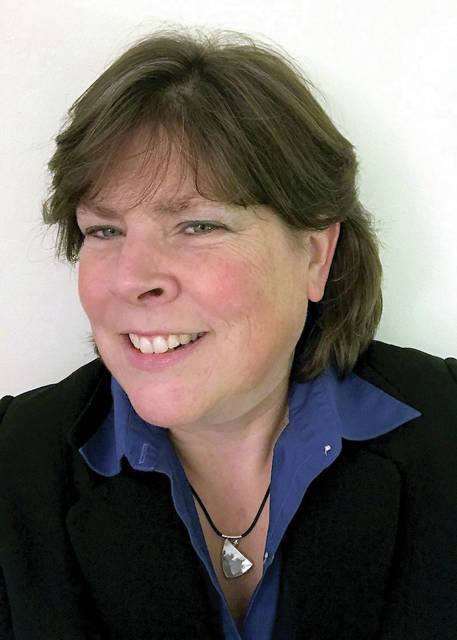
A few years ago, I was introduced to the acronym “VUCA,” which stands for volatility, uncertainty, complexity and ambiguity. Its origin is attributed to leadership theorists Warren Bennis and Burt Nanus and coined in 1987 by the U.S. Army during the years just preceding the collapse of the USSR.
Today, during our ongoing pandemic and in the midst of liminal space (a threshold between the disrupted past and the emerging future), VUCA has resurfaced as a quick descriptor of our world. Implied in this descriptor is the question, “How do we manage such a space?” Indeed, even the four words VUCA represents can set our teeth on edge. When things are volatile, we want stability; when uncertainty surrounds us, we want certainty; when complexity confuses us, we want simplicity or even over-simplification; and when ambiguity makes us feel unmoored, we want rescue. The temptation to run toward the comfort of VUCA-opposites pulls hard. Many succumb because the alternative requires imaginative work and a sense of deep trust in God.
VUCA is opportunity as well as risk. Organizations, including churches, temples and synagogues, who watch the horizon and pay attention to what positive, powerful changes might happen when the world seems unanchored, are likely to emerge different, but well. Others who grasp at notions of safety based solely in the past (returning to the “way we have always done it”) are heading toward decline. “Who do we choose to be now?” is the identity question of our time and circumstances — and it’s an essential question to engage intentionally with our communities, internal and external, and in our personal spiritual lives.
Worldwide conversations in the business sector are trying to ascertain what the 2021 Deloitte Human Capital Trends report deems “designing work for well-being,” adding emphases on well-being, unleashing potential, setting new directions, and moving toward thriving instead of simply surviving (see https://www2.deloitte.com/us/en/insights/focus/human-capital-trends/2021.html?icid=left_human-capital-trends).
As we think about identity and purpose in an economically, racially, ecologically, and politically polarized world, what does well-being look like for those outside our own familiarity zones? What potential might be unleashed in our organizations when we set new directions, with an eye toward thriving with fewer financial resources and greater human investment? These are our pandemic and post-pandemic questions. The questions themselves keep us from running toward stability, certainty, over-simplification, and desire for heroes to save the day. They keep us from hiding.
In my mind, I can hear a family member of mine saying,“But we have what we need; why should it matter to us if others can’t succeed like we have? This is America, and everyone has the chance.” Not really. Not if we do our homework, immerse in cultures other than our own, and come to understand that in this country, the playing field is not level. Well-being should be a basic right, but it has turned into a privilege as so many of us pay attention to the scarcity scramble of competition rather than the gracious gifting of shared abundance — the very focus called for by many faiths when functioning in healthy spiritual and theological ways.
When I move away from today’s preoccupation with words of scarcity and competition toward words and deeds of abundance and solidarity, my breath stills, and I feel an inner rising of hope, sometimes even joy, that there is an alternative grounded in compassion and the common good. Liminal space, right now, is the great space where this alternative is born, or perhaps, born again. In the grief, hope. In the fear, faith. In the comfort, challenge.
After all, in my own faith tradition of Christianity, Jesus was operating in VUCA times. If we think about the unassuming leaders of history, we remember them for their chosen (called) identities, grounded in a commitment to the well-being of others during their own VUCA times across all faith traditions and in all cultures.
What will your legacy be from this VUCA-pandemic, liminal-space time? Who do you choose to be now?


